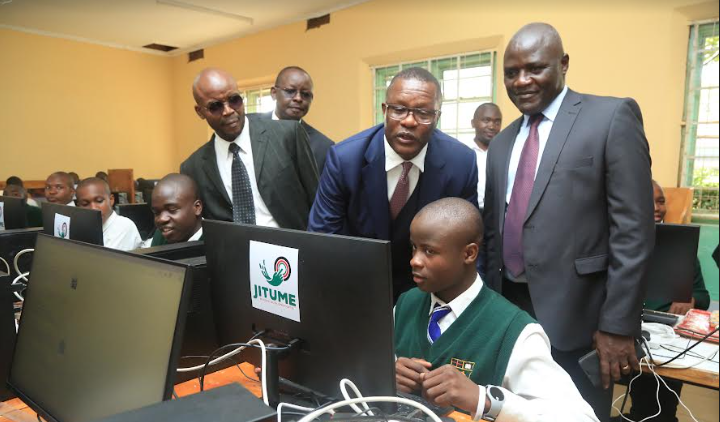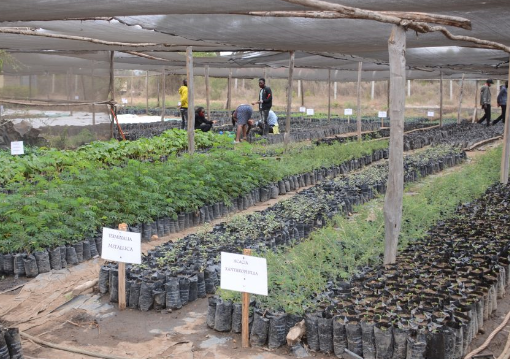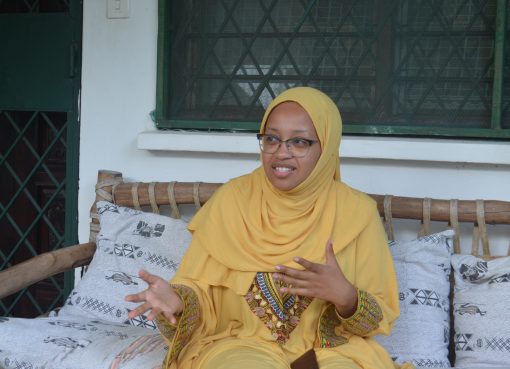The Ministry of Information, Communications, and The Digital Economy has embarked on the establishment of laboratories across the country to scale up digital literacy.
Information, Communications, and The Digital Economy Cabinet Secretary (CS) Eliud Owalo said the initiative will increase digital literacy and skills amongst youth and members of the public as the government moves to ensure access to the internet through the digital superhighway project.
He said a total of 23, 000 devices are set to be installed in schools, universities, Technical Vocational Education Training (TVET) institutions, Vocational Training Centers (VTCs), and village ICT hubs to facilitate the training.
The digital literacy programme, he said, was critical for the government to achieve its bottom-up economic transformation agenda, adding that through the laboratories, the youth and other segments of the population at the bottom of the pyramid were set to benefit.
“We want our youth and the public at large to uptake digital skills so that they are relevant in the current operating environment,” he said.
Speaking during the launch of a digital laboratory at Maseno School in Kisumu County, Owalo said the move was in tandem with the government’s agenda to digitize services.
So far, he said, over 6, 000 services have been digitized, with additional services set to be uploaded on the E-Citizen platform before the end of the year.
“As we do this, we must correspondingly facilitate digital literacy amongst our youth and the Kenyan public and public sector officials to facilitate optimal uptake of the digital infrastructure we are putting in place,” he said.
The CS asked traders at the bottom of the pyramid to take advantage of the digital laboratories and training and leverage the free public Wi-Fi being installed at various markets and bus parks across the country to venture into e-commerce.
“We are setting up a total of 25, 000 free public wifi hotspots spread equally across the country, targeting segments of society operating at the bottom of the pyramid,” he said.
The government he disclosed was in the process of rolling out a national addressing system and digital identification cards to make e-commerce a reality.
Affordable, locally assembled smart mobile phones, he added, were set to be launched in August to ensure that as many Kenyans as possible make use of the digital infrastructure installed by the government.
He added that the devices, which retail at Sh. 5,600, will scale up consumption of online government services and online work.
The government, he said, has opened talks with global digital technology giants to link them with Kenyan youths for opportunities to work online.
By Chris Mahandara





